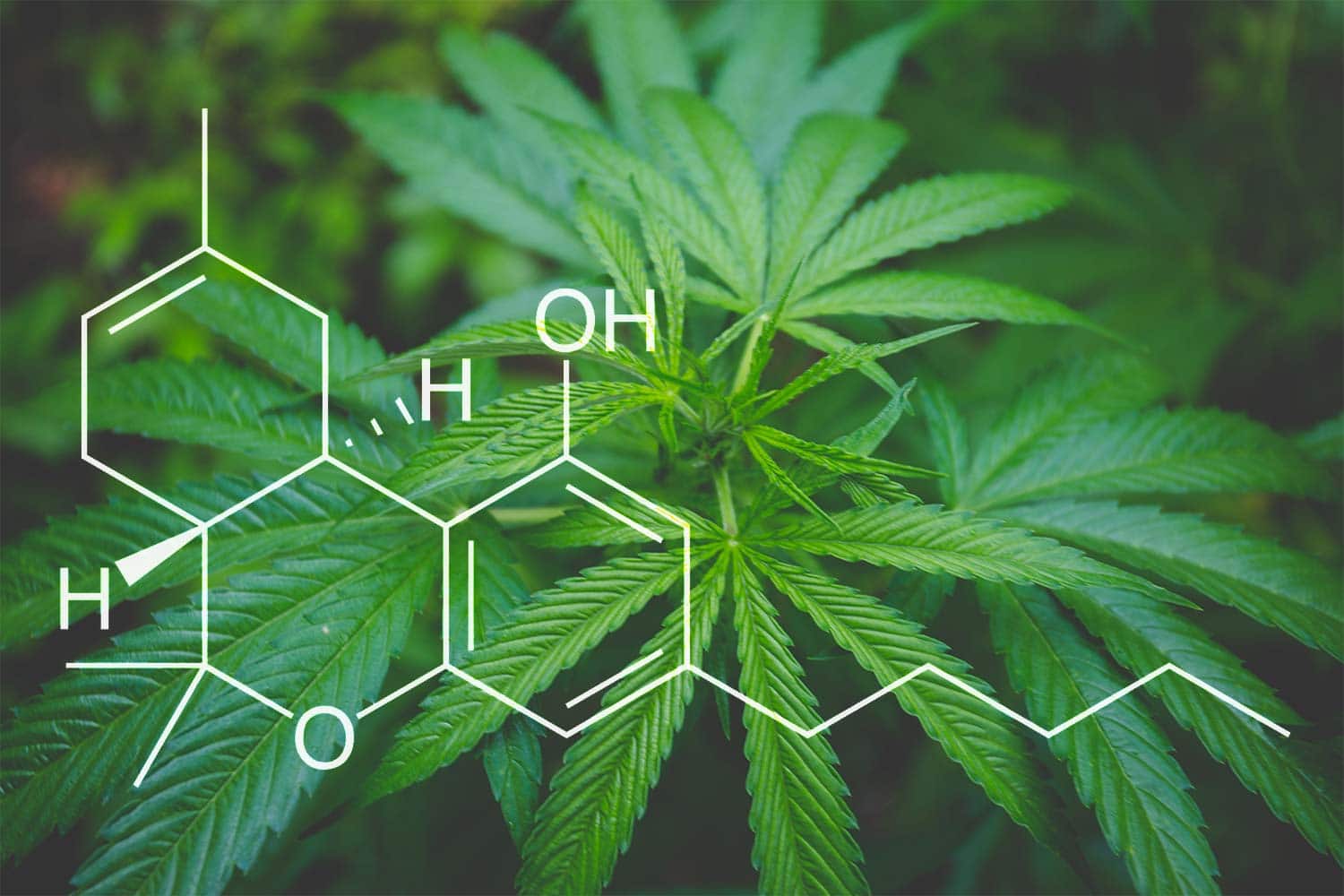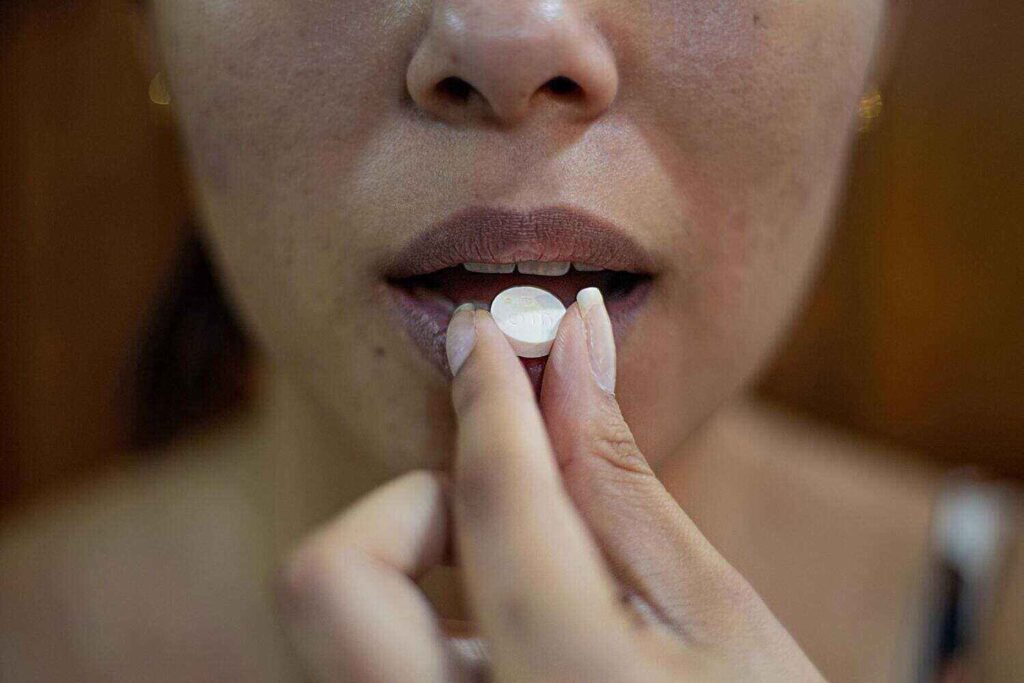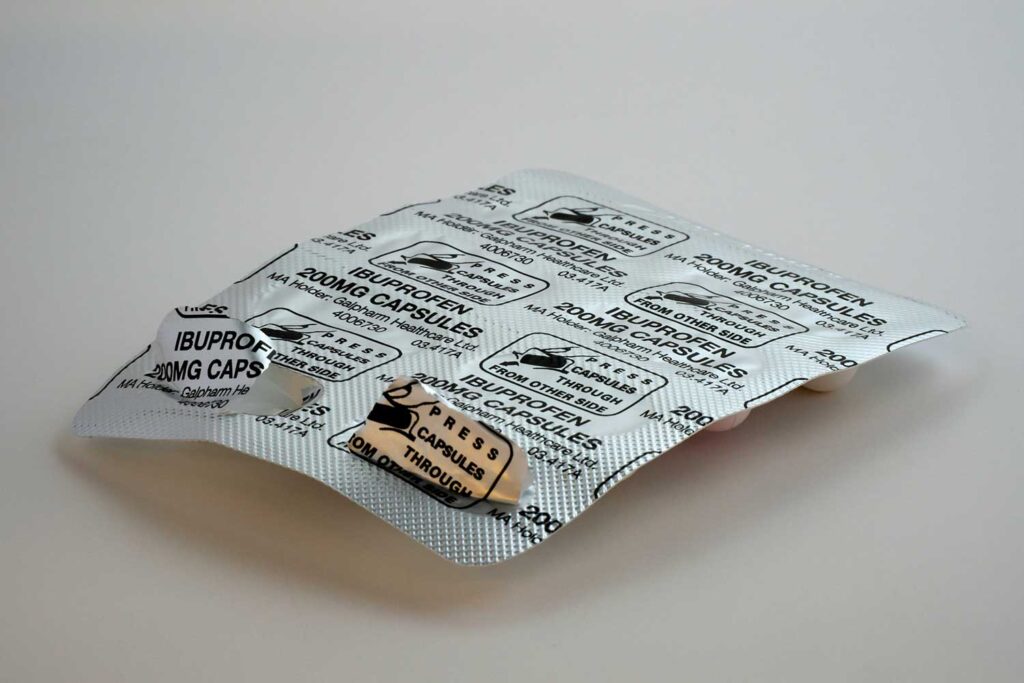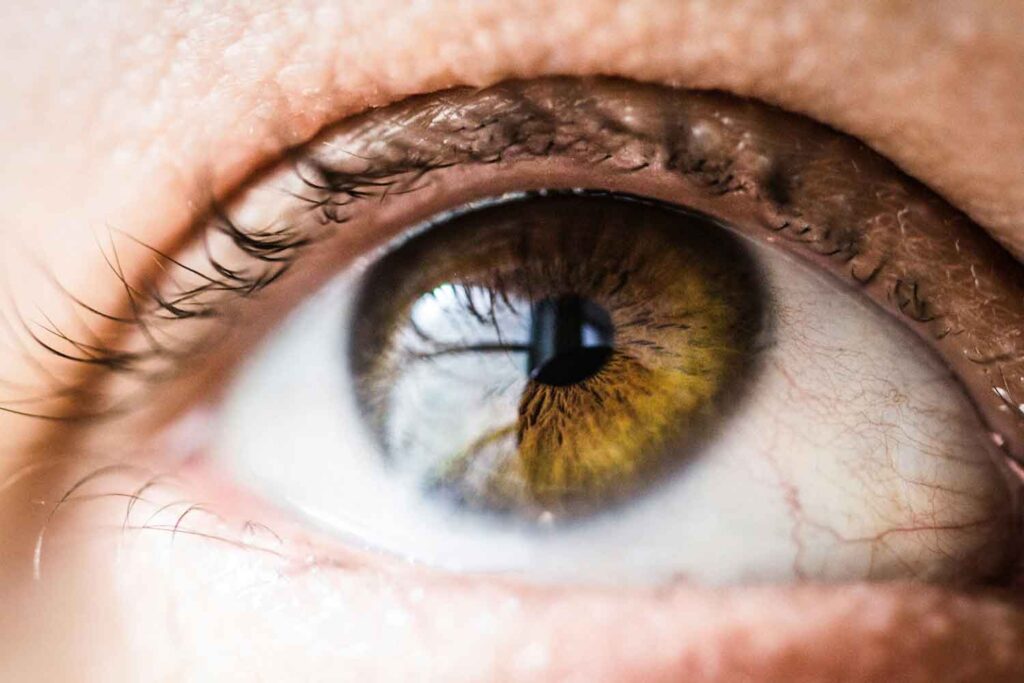Does Delta 8 THC Show up on a Drug Test?

When someone says THC, they’re usually referring to delta-9-tetrahydrocannabinol. However, that’s not the only form of THC that exists. According to Doc MJ, there are 4 main forms of THC; THCA, THCV, Delta-8 THC, and Delta-9 THC. We’re going to discuss delta 8 THC and whether or not it can show up on a drug test.
Photo: Wikipedia Commons/Unsplash (mashup)
What is Delta 8 THC?
According to National Cancer Institute, delta-8-tetrahydrocannabinol is an analogue of THC while LA Weekly referred to it as an isomer of cannabidiol (CBD). Delta 8 THC binds to the CB1 receptor in the central nervous system.
This form of THC isn’t quite as potent in terms of psychotropic effects like delta 9 THC. According to National Cancer Institute, “This agent exhibits a lower psychotropic potency than delta-9-tetrahydrocannabinol (delta-9-THC)”. However, using delta 8 THC will produce a high. In addition to that effect, the National Cancer Institute says that it is able to stimulate appetite and has pain-relieving properties as well. They said, delta 8 THC has “antiemetic, anxiolytic, appetite-stimulating, analgesic, and neuroprotective properties”.
Delta-8-tetrahydrocannabinol can be extracted from cannabis and hemp. It should be noted however that it’s not an abundant cannabinoid. Several companies have found really creative ways to package this cannabinoid. There are nano drops, gummies, drinks, chocolate, flowers, vape cartridges, etc.
Is Delta 8 THC Legal?
According to LA Weekly, it is federally legal due to the H.R.2 – Agriculture Improvement Act of 2018. Delta 8 THC is frequently made from hemp. Hemp is legal because it has very low amounts of delta 9 THC. According to KTVZ, “Typically, hemp-derived Delta-8-THC is converted from CBD through a chemical process”.
However, there are legal issues surrounding this cannabinoid right now. Dr. Ethan Russo, M.D., and a board-certified neurologist was quoted in Cannabis Dispensary Mag explained how delta 8 THC could pose an issue. Dr. Russo said, “……there is this nasty little law … called the [Federal] Analogue Act, which says, basically, if you’ve got a drug that’s chemically closely related to something that is Schedule I, … it’s Schedule I and illegal as well.”
Does Delta 8 THC Show up on a Drug Test?
LA Weekly believes that delta 8 THC could show up on a drug test. Their article said, “Delta 8 THC metabolites may trigger many drug tests looking for Delta 9 THC metabolites.” That makes sense because drug tests are looking for THC and its metabolites.
When you use marijuana THC is either stored in your fat cells or metabolized into other compounds known as metabolites. According to American Addiction Centers, “THC is absorbed into various body tissues and organs (e.g., the brain, heart, and in fat) or metabolized by the liver into 11-hydroxy-THC and carboxy-THC (metabolites).” Whichever test is used should be able to pick up on the THC metabolites present.
In addition to that, it’s also possible that the product you used with delta 8 THC could have delta 9 THC in it and so it would lead to a positive drug test regardless.
That said, we advise that you don’t use delta 8 if you want to pass an upcoming test.
How Long will Delta 8 THC be Detectable on the Drug Test?
THC can stay a pretty long time in the body. As mentioned before, THC stores itself in body tissue and fat. Medical News Today says, “THC is a lipid-soluble chemical. This means that it binds to fat in the body, which increases the length of time it takes for someone to eliminate THC completely.” There are many factors that influence how long THC can be detected in your body:
- How often you use weed – If you use weed more frequently, THC will show up in your tests for a longer period of time. According to Medical News Today, “For people who smoke marijuana once a day or more, tests may detect it in their system for 30 days or longer.” This is in stark contrast to someone who used marijuana for the first time. It would likely be detectable for up to 3 days after use.
- Body fat – THC likes to fat cells and so technically the more fat content you have is the longer it will stay in your body.
- How much marijuana is used – If you use a lot at a time then it’s likely that you’ll have a positive drug test for a while after stopping use.
- The sensitivity of the drug test – Some tests can pick up THC and its metabolites for a longer period than others. According to Medical News Today, “Drug tests can detect tetrahydrocannabinol, or THC, in urine, blood, and hair for many days after use, while saliva tests can only detect THC for a few hours.”
American Addiction Centers also included hydration and how quickly the body processes THC.
How to Get Marijuana Out of Your System
While detox kits seem to be really popular, they can be pretty dangerous. In addition to that, they might not even work. Some people have opted for herbal teas and drinking excessive amounts of water. This may also make you sick and urine integrity tests may catch the contaminant. The best way to get THC out of your body is really to wait it out. THC will eventually make its way out of your body once you’ve stopped using it.
Conclusion
Yes, chances are delta 8 may show up on a drug test. The best way to avoid detection is to avoid weed for a while before doing the test. How long? There is no one answer for everyone. There are many different factors that affect how long THC stays in the body. In addition to that, there are many drug tests with varying detection windows.












